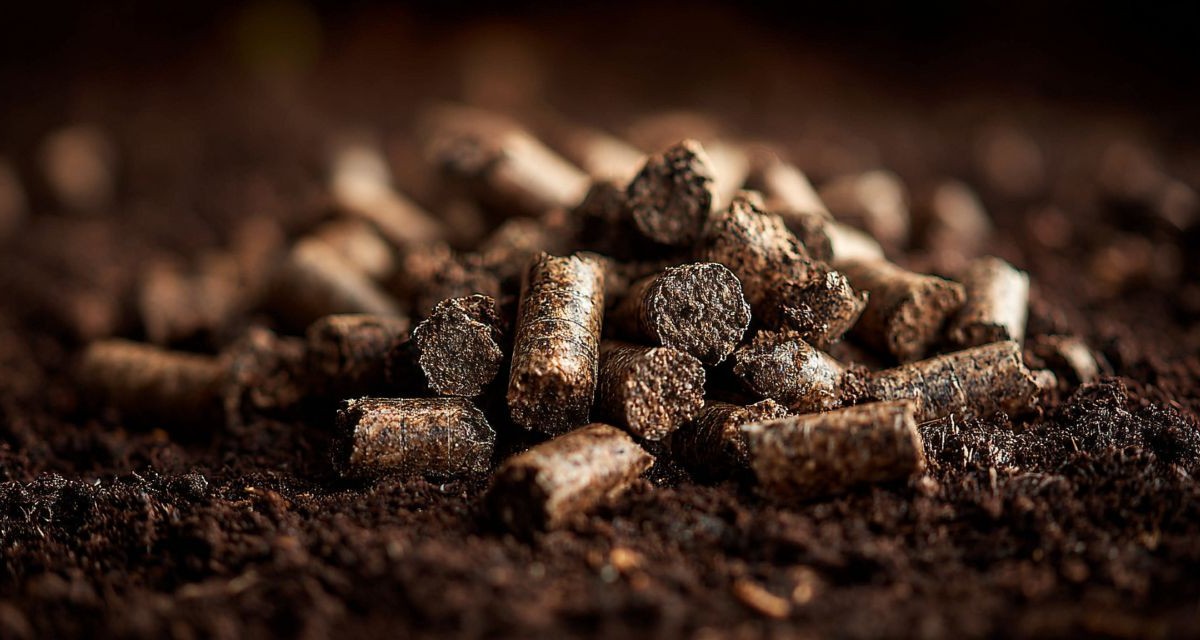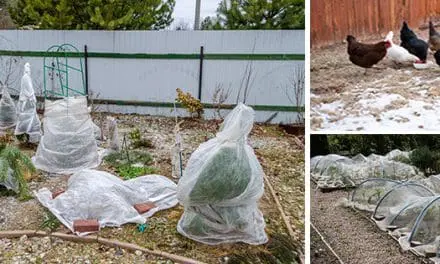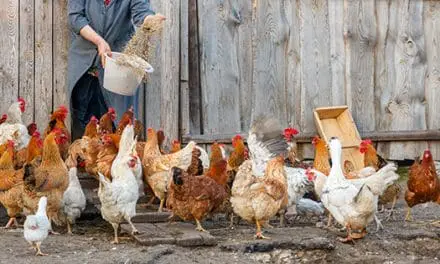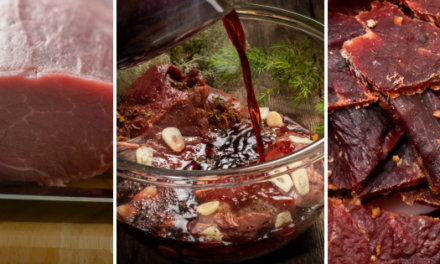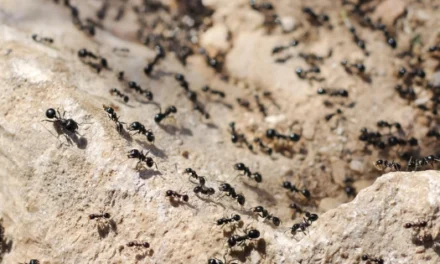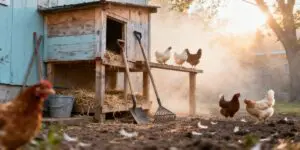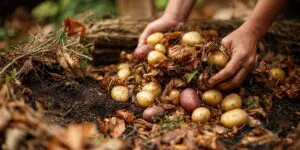Gardeners have used animal manure to enrich soil for centuries, but not all manures behave the same. Rabbit manure stands out as one of the most valuable and beginner friendly fertilizers you can add to your garden. It is naturally balanced, rich in nutrients, and gentle enough to use directly on plants without the risk of burning them. For homesteaders and small gardeners who want an affordable, sustainable boost for their soil, rabbit manure is a surprisingly powerful choice.
Many gardeners discover rabbit manure almost by accident, often after keeping rabbits for meat or companionship. What begins as a practical way to reduce waste quickly becomes an essential part of the garden routine. Those who use it regularly often notice that their soil becomes darker, richer, and easier to work over time. Plants respond with steady, healthy growth that feels easier to maintain.
Beyond its value as a fertilizer, rabbit manure reflects the kind of closed loop systems traditional gardeners relied on. Nothing goes to waste, and every part of the homestead works together. Using rabbit manure brings the garden a little closer to that older wisdom, where soil health is built slowly, naturally, and without chemical shortcuts.
The Nutrient Profile of Rabbit Manure
Rabbit manure is naturally rich in nitrogen, phosphorus, and potassium, the three nutrients most responsible for strong plant growth. It also contains calcium, magnesium, and trace minerals that improve soil health over time. The balanced nature of these nutrients makes the manure suitable for vegetables, herbs, flowers, and perennial beds.
This gentle pellet fertilizer releases nutrients slowly, feeding plants in a steady rhythm rather than overwhelming them. Many gardeners appreciate how predictable and forgiving rabbit manure is, especially when compared to fast acting synthetic fertilizers or stronger manures that require careful handling. The soil receives nourishment at a pace it can handle, which leads to more resilient plants overall.
The high mineral content of rabbit manure also helps improve the long term fertility of your garden beds. Calcium strengthens plant cell walls, magnesium supports photosynthesis, and phosphorus encourages strong root development. With regular use, the soil becomes more balanced and better able to support demanding crops without relying heavily on outside amendments.
How to Use Rabbit Manure in the Garden
Because it is gentle, rabbit manure can be used directly without composting. Many gardeners simply scatter a thin layer around their plants as a top dressing. Rain and watering help pull the nutrients into the soil naturally. You can also mix it into raised beds, blend it with potting soil, or place a handful into planting holes for crops that need a strong start.
There are plenty of creative ways to integrate rabbit manure into your garden routine. Some gardeners use it to recharge tired container soil, while others combine it with leaf mold or straw to create a slow release mulch. The small pellet shape makes it easy to measure and apply without mess or strong odors, which is especially helpful in small backyards.
If you prefer liquid feeding, manure tea gives fast visible results without the risk of overfertilizing. Plants with yellowing leaves, slow growth, or poor vigor often perk up after a few applications. It is a practical method for greenhouse plants or seedlings that need a quick nutritional lift before being transplanted outdoors.
Benefits for Soil Health
Rabbit manure helps build long term soil fertility. Its fibrous content improves structure, making heavy soils crumbly and easier for roots to explore. In sandy beds, it increases moisture retention and reduces the need for frequent watering. Over time, regular applications create a soil environment that supports healthier plants with stronger yields.
Healthy soil is always a partnership between organic matter and microbial life. Rabbit manure feeds both. As the pellets break down, they provide food for earthworms, beneficial bacteria, and fungi. These organisms transform the manure into nutrients plants can use while improving the texture and resilience of the soil itself.
Another overlooked benefit is how rabbit manure supports consistent moisture balance. Soil amended with it holds water longer during hot spells but still drains well after heavy rains. This creates a more forgiving environment for young seedlings and mature plants alike, reducing stress and improving overall garden performance.
Final Thoughts
Rabbit manure is an excellent fertilizer for gardeners who want a natural, reliable, and low maintenance way to enrich their soil. Its gentle nature, balanced nutrients, and slow release qualities make it one of the best choices for home growing. Whether used fresh, brewed into tea, or added to compost, rabbit manure supports healthier plants and a more vibrant garden ecosystem.
For gardeners seeking a more sustainable approach, rabbit manure offers a practical path forward. It is simple to use, easy to source, and perfectly suited for gardens that value soil health over quick fixes. With time, it fosters the kind of rich, balanced earth that supports bountiful harvests year after year.
Recommended: Amish Ways Book
If you appreciate natural fertilizing methods and the quiet wisdom of traditional gardening, you will find tremendous value in the Amish Ways Book. This guide gathers time tested practices from communities that have mastered simple, resourceful living for generations.
Inside the book you will learn:
- How Amish gardeners build fertile soil using everyday materials
- Practical, low cost methods for composting and natural plant nutrition
- Traditional remedies for pests, plant stress, and poor yields
- Step by step ways to create a resilient garden using fewer outside inputs
- Old fashioned skills that bring self reliance back into the home and garden
The Amish approach reminds us that thriving gardens do not require complexity. They need care, patience, and a return to the natural processes that have always sustained the land. The Amish Ways Book is an excellent companion for anyone who wants to garden with purpose, intention, and respect for the soil.
Amish Survival Hacks that Can Help You Thrive in a Long-Term Blackout (Video)
Growing Kunekune Pigs: A Practical Guide for Self-Reliant Homesteads
Canned Hamburger Meat – Recipe From The Lost Super Foods Book

